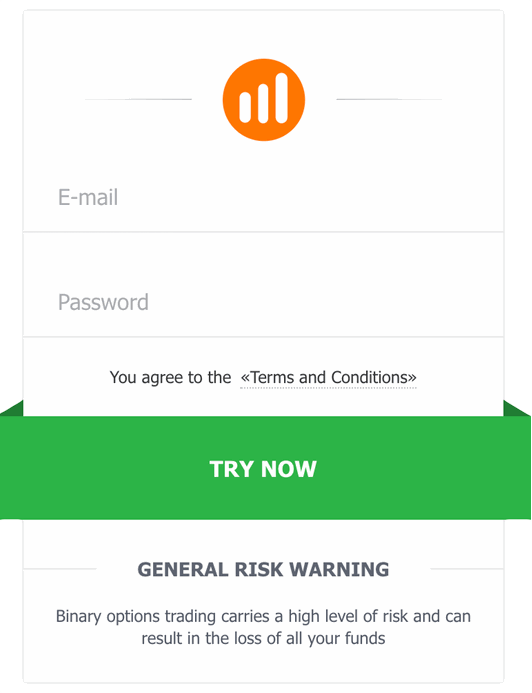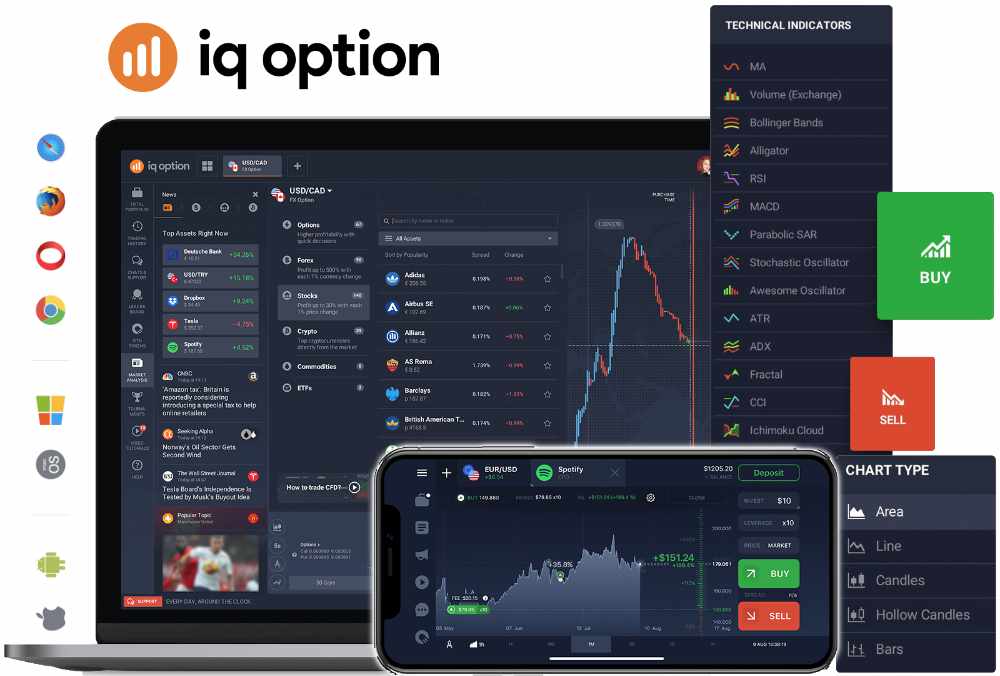“`html
Introduction to Investment Platforms for Beginners
Investing can be a daunting task, especially for beginners who are just starting to navigate the complex world of finance. With a plethora of investment platforms available, it can be challenging to determine which one is the best fit for your needs. This article aims to provide a comprehensive guide to the best investment platforms for beginners, offering valuable insights to help you make an informed decision.
Understanding Investment Platforms
Before diving into the best investment platforms, it’s essential to understand what an investment platform is. An investment platform is an online service that allows individuals to buy, sell, and manage their investments. These platforms offer a range of financial products, including stocks, bonds, mutual funds, and exchange-traded funds (ETFs).
Key Features of Investment Platforms
When evaluating investment platforms, beginners should consider several key features:
- User-Friendly Interface: A platform with an intuitive and easy-to-navigate interface is crucial for beginners.
- Educational Resources: Access to educational materials, tutorials, and webinars can help beginners learn the basics of investing.
- Low Fees: Minimizing fees is essential to maximize returns, especially for beginners with smaller investment portfolios.
- Customer Support: Reliable customer support can provide assistance and answer questions as you navigate the platform.
- Range of Investment Options: A diverse selection of investment products allows beginners to build a well-rounded portfolio.
Top Investment Platforms for Beginners
Based on the key features outlined above, here are some of the best investment platforms for beginners:
1. Vanguard
Vanguard is renowned for its low-cost index funds and ETFs, making it an excellent choice for beginners. The platform offers a wide range of investment options and provides extensive educational resources to help new investors get started.
- Pros: Low fees, extensive educational resources, wide range of investment options.
- Cons: The platform’s interface may be less intuitive compared to some competitors.
2. Fidelity
Fidelity is another top choice for beginners, offering a user-friendly interface and a vast array of investment options. The platform provides robust research tools and educational resources to help beginners make informed investment decisions.
- Pros: User-friendly interface, comprehensive research tools, extensive educational resources.
- Cons: Some investment options may have higher fees compared to other platforms.
3. E*TRADE
E*TRADE is known for its powerful trading tools and extensive educational resources. The platform offers a wide range of investment options, including stocks, bonds, ETFs, and mutual funds, making it a versatile choice for beginners.
- Pros: Powerful trading tools, extensive educational resources, wide range of investment options.
- Cons: Some users may find the platform’s interface overwhelming.
4. Charles Schwab
Charles Schwab is a well-established investment platform that offers a user-friendly interface and a wide range of investment options. The platform provides extensive educational resources and research tools to help beginners make informed decisions.
- Pros: User-friendly interface, extensive educational resources, wide range of investment options.
- Cons: Some investment options may have higher fees compared to other platforms.
5. Robinhood
Robinhood is a popular choice for beginners due to its commission-free trading and user-friendly mobile app. The platform offers a range of investment options, including stocks, ETFs, and cryptocurrencies.
- Pros: Commission-free trading, user-friendly mobile app, range of investment options.
- Cons: Limited educational resources and research tools compared to other platforms.
Comparing Investment Platforms
To help you compare the top investment platforms for beginners, we’ve created a table summarizing their key features:
| Platform | User-Friendly Interface | Educational Resources | Fees | Investment Options |
|---|---|---|---|---|
| Vanguard | Moderate | Extensive | Low | Wide Range |
| Fidelity | High | Extensive | Moderate | Wide Range |
| E*TRADE | Moderate | Extensive | Moderate | Wide Range |
| Charles Schwab | High | Extensive | Moderate | Wide Range |
| Robinhood | High | Limited | Low | Moderate Range |
How to Choose the Right Investment Platform
Choosing the right investment platform depends on your individual needs and preferences. Here are some factors to consider when making your decision:
1. Investment Goals
Consider your investment goals and objectives. Are you looking to build a long-term portfolio, or are you interested in short-term trading? Different platforms cater to different investment strategies, so choose one that aligns with your goals.
2. Budget
Your budget will play a significant role in determining the best investment platform for you. Some platforms have higher fees, while others offer commission-free trading. Consider how much you’re willing to spend on fees and choose a platform that fits your budget.
3. Level of Experience
Your level of experience with investing will also influence your choice of platform. Beginners may benefit from platforms with extensive educational resources and user-friendly interfaces, while more experienced investors may prefer platforms with advanced trading tools.
4. Customer Support
Reliable customer support is essential, especially for beginners who may have questions or need assistance. Look for platforms that offer robust customer support, including phone, email, and live chat options.
Conclusion
Investing can be a rewarding way to build wealth over time, but choosing the right investment platform is crucial for success. For beginners, platforms like Vanguard, Fidelity, E*TRADE, Charles Schwab, and Robinhood offer a range of features and resources to help you get started. By considering your investment goals, budget, level of experience, and customer support needs, you can choose the platform that best fits your needs.
Q&A Section
1. What is an investment platform?
An investment platform is an online service that allows individuals to buy, sell, and manage their investments, offering a range of financial products such as stocks, bonds, mutual funds, and ETFs.
2. Why is a user-friendly interface important for beginners?
A user-friendly interface is crucial for beginners as it makes navigating the platform easier, reducing the learning curve and helping them make informed investment decisions more efficiently.
3. What types of educational resources should beginners look for in an investment platform?
Beginners should look for platforms that offer tutorials, webinars, articles, and other educational materials that cover the basics of investing and provide insights into different investment strategies.
4. How do fees impact investment returns?
Fees can significantly impact investment returns, especially for beginners with smaller portfolios. Lower fees mean more of your money is invested, potentially leading to higher returns over time.
5. What are some common investment options available on these platforms?
Common investment options include stocks, bonds, mutual funds, and exchange-traded funds (ETFs). Some platforms also offer options like cryptocurrencies and real estate investment trusts (REITs).
6. How can customer support benefit beginners?
Reliable customer support can provide assistance and answer questions as beginners navigate the platform, helping them resolve issues quickly and make informed decisions.
7. What should I consider when setting my investment goals?
When setting your investment goals, consider your time horizon, risk tolerance, and financial objectives. Determine whether you’re looking for long-term growth, income generation, or short-term gains.
8. Are there any platforms that offer commission-free trading?
Yes, platforms like Robinhood offer commission-free trading, making it an attractive option for beginners looking to minimize costs.
9. How do I determine my budget for investing?
Determine your budget by assessing your financial situation, including your income, expenses, and savings. Decide how much you can comfortably invest without compromising your financial stability.
10. Can I switch investment platforms if I’m not satisfied?
Yes, you can switch investment platforms if you’re not satisfied with your current one. However, be aware of any transfer fees or potential tax implications when moving your investments.
“`





 How to trade FX options? (01:44)
How to trade FX options? (01:44) How to trade CFD? (00:49)
How to trade CFD? (00:49) How to trade binary options*? (01:22)
How to trade binary options*? (01:22) Forex. How to start? (01:01)
Forex. How to start? (01:01)